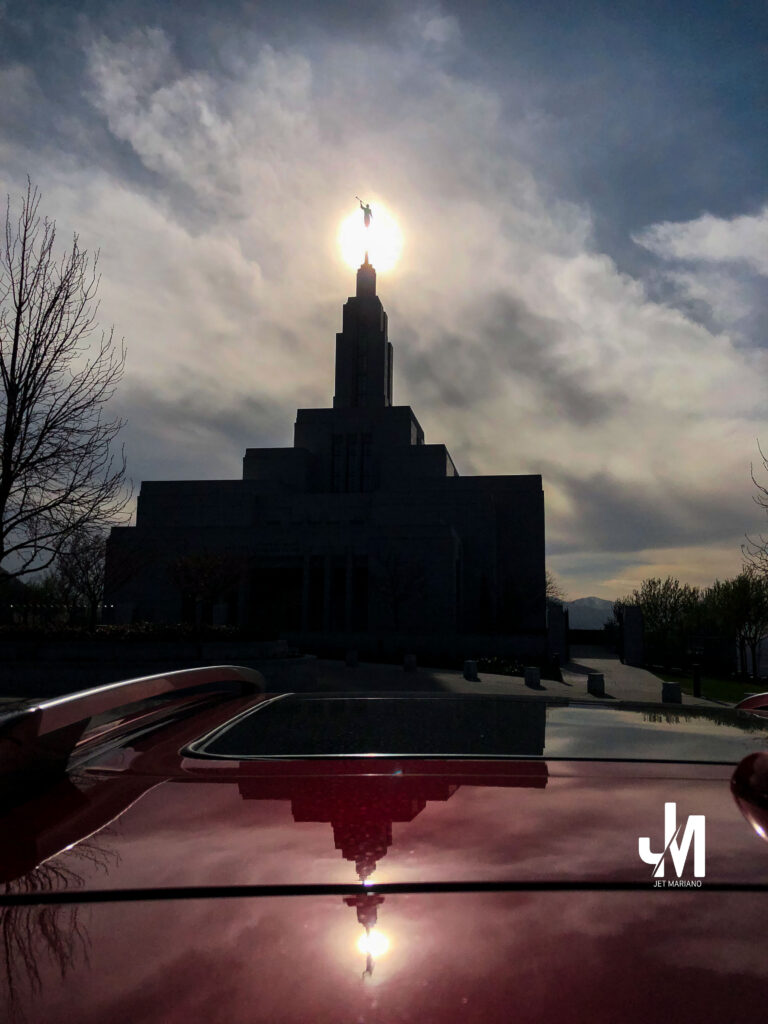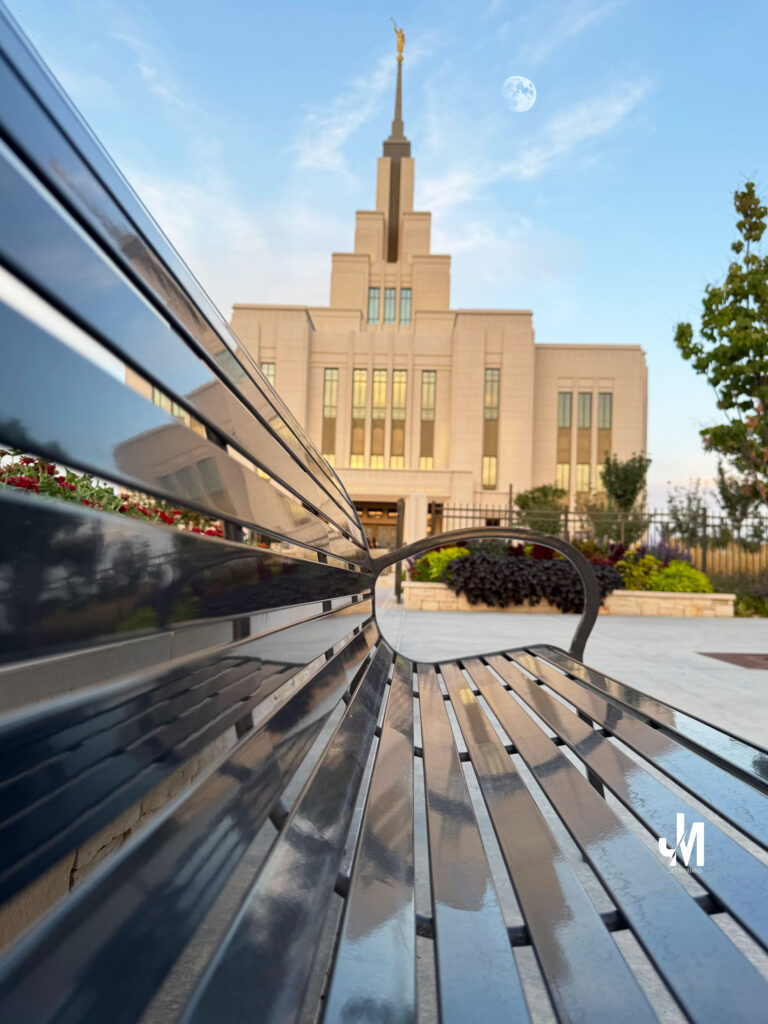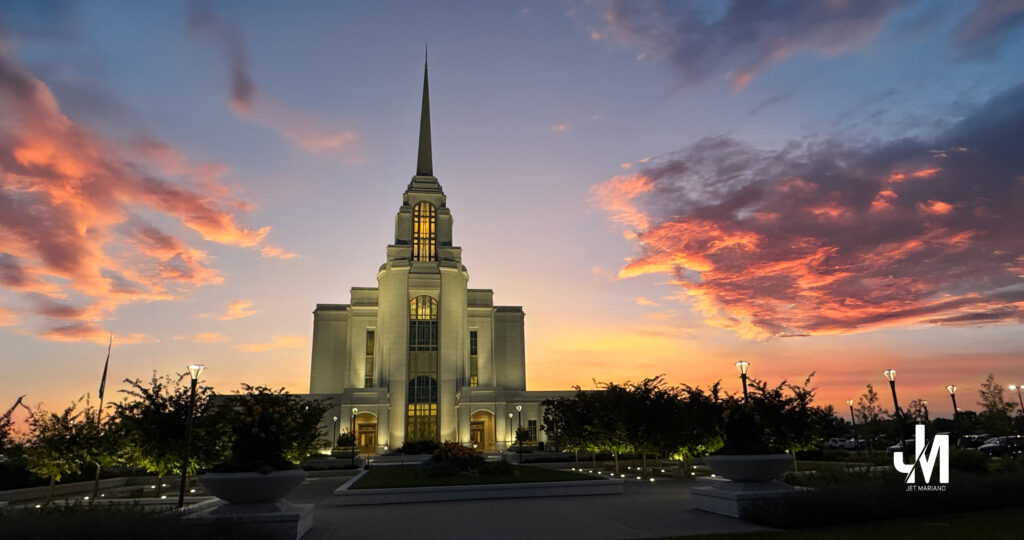
Shot very low on a tripod with remote shutter. 4-second exposure at f/11, ISO 200 to smooth the water like silk while keeping the scene crisp.
Excerpt
The current is fast and the banks are close—but I can still choose calm. Today I’m learning that peacemaking starts inside me, then flows outward.
Intro
This stream looks like my week—swirl, speed, and color. I can’t control every bend, but I can decide the spirit I bring into each conversation.
Notes from Elder Gary E. Stevenson(Oct 4, 2025 Sat AM GC)
- Peacemaking is a Christlike attribute that begins in hearts, then homes, then communities.
- It requires courage and wise compromise without sacrificing principle.
- Lead with open hearts, not closed minds; extended hands, not clenched fists.
- Taught by Jesus Christ in scripture and reaffirmed by living prophets today.
Notes from Elder Kelly R. Johnson(Oct 4, 2025 Sat AM GC)
- Seek validation vertically, not horizontally.
- When others try to label us by weaknesses, stand strong in who we truly are—children of God.
- Identity in Christ anchors peacemaking; it removes the need to win and invites us to love.
- President Russell M. Nelson has taught that using labels can breed animosity, judging, and division; peacemakers look past labels to divine identity.
Perspective
Peace isn’t pretending tensions don’t exist. It’s choosing the Lord’s way—firm in truth, soft in tone, willing to listen, ready to reconcile. Knowing whose I am steadies who I am, so I don’t need to fight for labels or approval.
Practice (today, not someday)
Stop: rehearsing comebacks; seeking validation from reactions and “likes.”
Start: pray before hard talks; state principles clearly, then ask sincere questions; offer one olive-branch action (thanks, brief apology, or specific help); write “I am a child of God” at the top of today’s notes.
Final reflection
Rivers carve rock not by force but by steadiness. Peacemaking works the same—courageous, principled, and patient because my identity is anchored in Him.
Pocket I’m keeping
Extended hands, not clenched fists—rooted in the quiet confidence of a child of God.
What I hear now
Be brave and gentle. Hold to truth. Let peace start in your heart and flow to your words.
© 2012–2025 Jet Mariano. All rights reserved.
For usage terms, please see the Legal Disclaimer.







